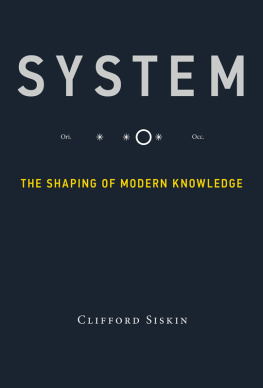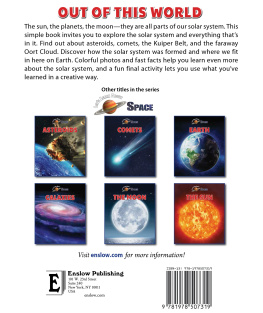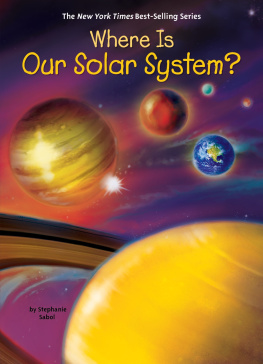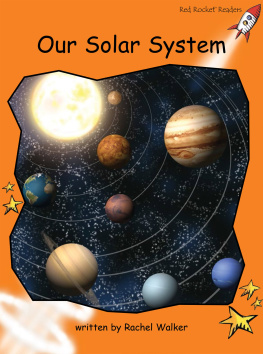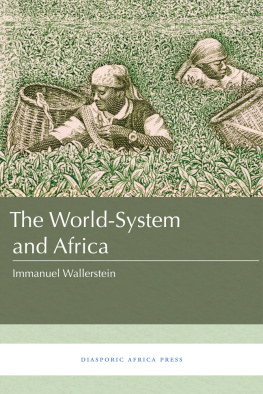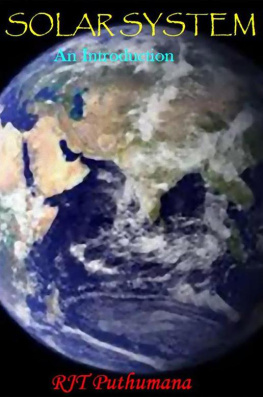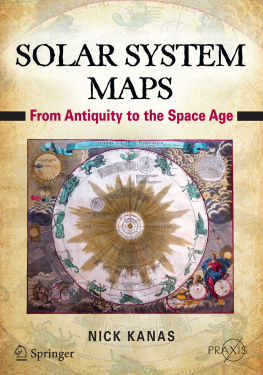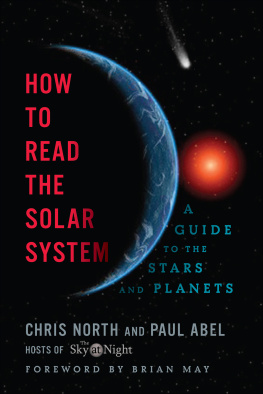Infrastructures Series
edited by Geoffrey C. Bowker and Paul N. Edwards
Paul N. Edwards, A Vast Machine: Computer Models, Climate Data, and the Politics of Global Warming
Lawrence M. Busch, Standards: Recipes for Reality
Lisa Gitelman, ed., Raw Data Is an Oxymoron
Finn Brunton, Spam: A Shadow History of the Internet
Nil Disco and Eda Kranakis, eds., Cosmopolitan Commons: Sharing Resources and Risks across Borders
Casper Bruun Jensen and Brit Ross Winthereik, Monitoring Movements in Development Aid: Recursive Partnerships and Infrastructures
James Leach and Lee Wilson, eds., Subversion, Conversion, Development: Cross-Cultural Knowledge Exchange and the Politics of Design
Olga Kuchinskaya, The Politics of Invisibility: Public Knowledge about Radiation Health Effects after Chernobyl
Ashley Carse, Beyond the Big Ditch: Politics, Ecology, and Infrastructure at the Panama Canal
Alexander Klose, translated by Charles Marcrum II, The Container Principle: How a Box Changes the Way We Think
Eric T. Meyer and Ralph Schroeder, Knowledge Machines: Digital Transformations of the Sciences and Humanities
Geoffrey C. Bowker, Stefan Timmermans, Adele E. Clarke, and Ellen Balka, eds., Boundary Objects and Beyond: Working with Leigh Star
Clifford Siskin, System: The Shaping of Modern Knowledge
SYSTEM

The Shaping of Modern Knowledge
Clifford Siskin
The MIT Press
Cambridge, Massachusetts
London, England
2016 Massachusetts Institute of Technology
All rights reserved. No part of this book may be reproduced in any form by any electronic or mechanical means (including photocopying, recording, or information storage and retrieval) without permission in writing from the publisher.
This book was set in Bembo by Toppan Best-set Premedia Limited. Printed and bound in the United States of America.
Library of Congress Cataloging-in-Publication Data
Names: Siskin, Clifford, author.
Title: System : the shaping of modern knowledge / Clifford Siskin.
Other titles: Shaping of modern knowledge
Description: Cambridge, MA : MIT Press, 2016. | Series: Infrastructures |
Includes bibliographical references and index.
Identifiers: LCCN 2016015626 | ISBN 9780262035316 (hardcover : alk. paper)
eISBN 9780262336338
Subjects: LCSH: Interdisciplinary approach to knowledge. | Knowledge, Theory
of. | System theory. | Galilei, Galileo, 1564-1642--Knowledge--Science.
Classification: LCC BD255 .S57 2016 | DDC 003--dc23 LC record available at https://lccn.loc.gov/2016015626
Parts of the argument in chapter 4 appeared in an earlier form in The Year of the System, in 1798, ed. Richard Cronin (Basingstoke: Macmillan, 1998), 931. Parts of the argument in chapter 5 appeared in an earlier form in Novels and Systems, Novel 34, no. 2 (spring 2001): 202215. Parts of the argument in chapter 6 appeared in an earlier form in William Wordsworth in The Oxford Encyclopedia of British Literature, vol. 5, ed. David Kastan (Oxford: Oxford University Press, 2006), 326334) and in The Problem of Periodization: Enlightenment, Romanticism, and the Fate of System, in The Cambridge History of English Romantic Literature, ed. James Chandler (Cambridge, Cambridge University Press, 2009), 101126.
ePub Version 1.0
For
Michael Sprinker
and
Robert Cummings
Acknowledgments
For close to a decade, I have been collaborating with colleagues on a start-up. The Re:Enlightenment Project joins institutions and individuals across disciplines and professions who share a common purpose: reconceiving how knowledge works in the world. It makes a future for Enlightenment by better understanding the ways in which Enlightenment made us.
To that end, the project has formed collaborative networks through international exchanges, experimented in new forms of knowledge conceived and conducted by those networks, and disseminated the results in articles, edited collections, and monographs. All of those outputs have shaped each other. Each one is a collaborative product of our joint effort to build a new infrastructure for knowledge work.
It is particularly appropriate, then, that what began as an essay solicited for a collection on a canonical moment in literary study has scaled up into a book in the Infrastructure series from a press committed to exploring new fields and new modes of inquiry. I hope it contributes to that series not only by explaining the relationship between system and infrastructure but also by exemplifying why infrastructure such as the Re:Enlightenment Project matters. I thank the series editors, Geoffrey C. Bowker and Paul N. Edwards, my editor at the MIT Press, Katie Helke, and my manuscript editor, Judith Feldmann, for so ably enabling this match between content and the way it makes its way into the world.
Leslie Santee Siskin has been my match in every way that matters. She also gave the Re:Enlightenment Project its name andthrough her expertise in the organization of knowledge and diplomatic skill in negotiating ithas been central to all of our efforts to make it live up to that name. We have also collaborated for a long time on another infrastructural start-upthe fundamental one of familywhich has grown faster than this book. My thanks and love to Cri/Raf/Dylan/Henry, Nat/Sarah/Alex, and Johanna/Chris/Caden/Devin.
William Warner and Peter de Bolla are my coauthors in everything I doeven when we are not writing directly together. Bill and I have worked in tandem closely enough and long enough to be pegged in print as a Wordsworth and Coleridgeyet another male double act (Russell 2013, 78). I have thoroughly enjoyed our performances, especially constructing the argument for This Is Enlightenmenta volume crucial to the success of Re:Enlightenment and to my realizing what a book about system couldand shoulddo. To work with Pete is to await the sudden synthesis, the moment when an idea for a new format reanimates the projects efforts at exchange or when a new method does what a method is supposed to doprovide a way forward. Working with Pete in Cambridge as a Leverhulme Visiting Professor enabled a smooth transition from finishing System to Re:Enlightenments next venture into digital knowledge.
I was introduced to Bill by John Bender, whose long and dear friendship has been a constant source of support (and criticism) during my entire career, and especially at crucial moments in the writing of this book. Anne Mellor has also been a constant source of friendship and advice, as we jointly pursued another kind of knowledge work: coediting a series for Palgrave-Macmillan. My thanks as well to a number of other long-term friends and colleagues: Nancy Armstrong, Len Tennenhouse, Herbert Lindenberger, Mary Poovey, Michael Hill, Devoney Looser, Philip Martin, and Robert Miles.
Two invitations from Richard Cronin changed my work and my life. He invited the essay that became my first work on systemand he invited me to the University of Glasgow as well. My heart is and always will be in Scotland and with the friends I made there over the years, including Richard, Dorothy Macmillan, Drummond Bone, Nicola Trott, Jan Todd, Murray Pittock, and Stuart Gillespie. At New York University, I have enjoyed teaching and working with Bill Blake, Lisa Gitelman, and Paula McDowell; Chris Cannon has been the best kind of chairan enabling one. During my stints at Cambridge, I have enjoyed friendship and advice from James Raven, Simon Schaffer, and Chris Prendergast. Simon Goldhill, director of Cambridges Centre for Research in the Arts, Social Sciences and Humanities, helped me to secure the Leverhulme and teach the Mellon Experimental Concept Lab with Peter de Bolla, and he organized an intense and very useful seminar on my work on system.
Next page
